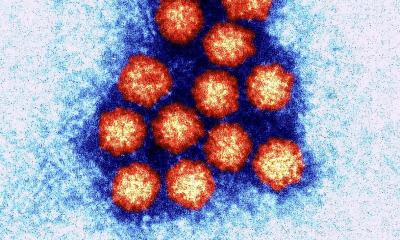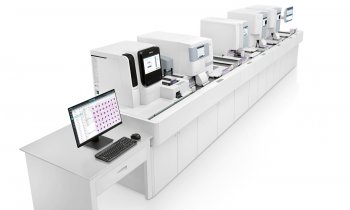Ebola
Lack of suitable resources limits Ebola diagnoses in West Africa
Poor logistics logistics and low trained staff numbers are two of the greatest limitations to providing a sufficient molecular diagnostic capacity for Ebola in West Africa, says Andrew S. Thompson, Ph.D., GlobalData’s Senior Analyst.
Andrew S. Thompson states that if the number of diagnosed Ebola cases in West Africa increased to 10,000 per week, as recently predicted by the World Health Organization, local diagnostic laboratories would need to be capable of processing at least 3,400 specimens per day collectively, to support the number of positive tests and repeat negative tests expected.
Thompson says: “While modern molecular diagnostic testing is the most sensitive and precise way to detect the Ebola virus, it is complex and expensive to perform. It is therefore extremely challenging to implement this technology in poorer regions of the world, where the healthcare infrastructure is inadequate, or even nonexistent.
“At present, there continue to be only a few established diagnostic facilities in West Africa, and while donor countries are increasingly providing mobile laboratory facilities, these can only slightly narrow the gap in the testing capacity.” The analyst notes that while the shortage of trained staff can be filled by deploying skilled scientists from outside the region, poor logistics is a more difficult problem to solve, as the reagents used for testing require constant refrigeration during their movement through the supply chain.
Thompson continues: “One solution might be to introduce molecular diagnostics suitable for the African environment. These could include reagents that are not dependent upon refrigeration, as well as instruments that are low-cost, self-powered, simple to use, and can be implemented quickly on short notice by governments in the region. “This approach would provide a more robust model for responding to sporadic emergencies than the current approach, which depends on coordinating a global response and typically lags behind the first occurrence of the outbreak.”
30.10.2014










